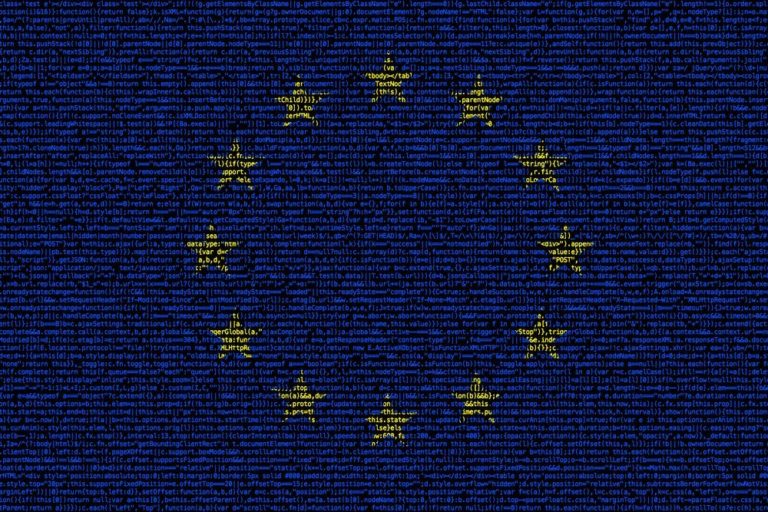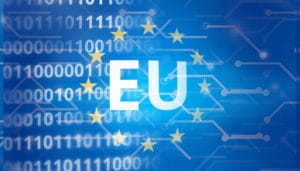The day before yesterday, Europe approved the controversial copyright legislation. Critical sections 11 and 13 were passed separately by a narrow majority. It now appears that 13 MEPs have made a mistake and the outcome could have been completely different.
The European Parliament approved new rules on copyright the day before yesterday. The new directive is intended to bring the now obsolete legislation into line with reality, but has been under attack from the outset because of vague wording with potentially far-reaching consequences.
The new law was finally approved by 348 votes in favour and 274 votes against. However, a last-minute amendment was added to give MEPs the choice to approve Articles 11 and 13 separately. That amendment was finally rejected with a difference of five votes.
Articles 11 and 13
Article 11 is intended to give online publishers a way to make money when platforms like Google and Facebook link to their stories, by asking for license fees. Article 13 requires that websites such as YouTube and Facebook, which provide user uploaded content, proactively prevent copyrighted material from being shared.
These articles are the main thorn in the side of the big technology companies, but also internet pioneers like Vint Cerf and Tim-Berners Lee, who consider it a threat to the free internet.
They call article 11 a link load for platforms like Google News, and warn that it will be abused by copyright rolls. Article 13 is even worse and would only be feasible if the platforms used an automatic upload filter to analyze all uploaded content. This is an enormous cost on smaller platforms and would encourage censorship.
Errors
It now appears that 13 MEPs made a mistake in the vote. Ten of them wanted to approve articles 11 and 13 separately in the end. Two of them wanted to reject it earlier, and one person actually wanted to refrain from doing so.
If these thirteen people had voted correctly the first time, Articles 11 and 13 would have had to be approved separately. That is no longer possible, because the vote is closed despite the fact that someone has made mistakes or not.
The overall proposal must now be approved by the European Council. Experts expect that they will no longer refuse the directive. I consider the odds to be very small in the words of MEP Marietje Schaake to The Verge. Even when it’s close to the sun, that doesn’t make much difference.
Related: European Parliament brings link tax and upload filter a step closer
This news article was automatically translated from Dutch to give Techzine.eu a head start. All news articles after September 1, 2019 are written in native English and NOT translated. All our background stories are written in native English as well. For more information read our launch article.


















